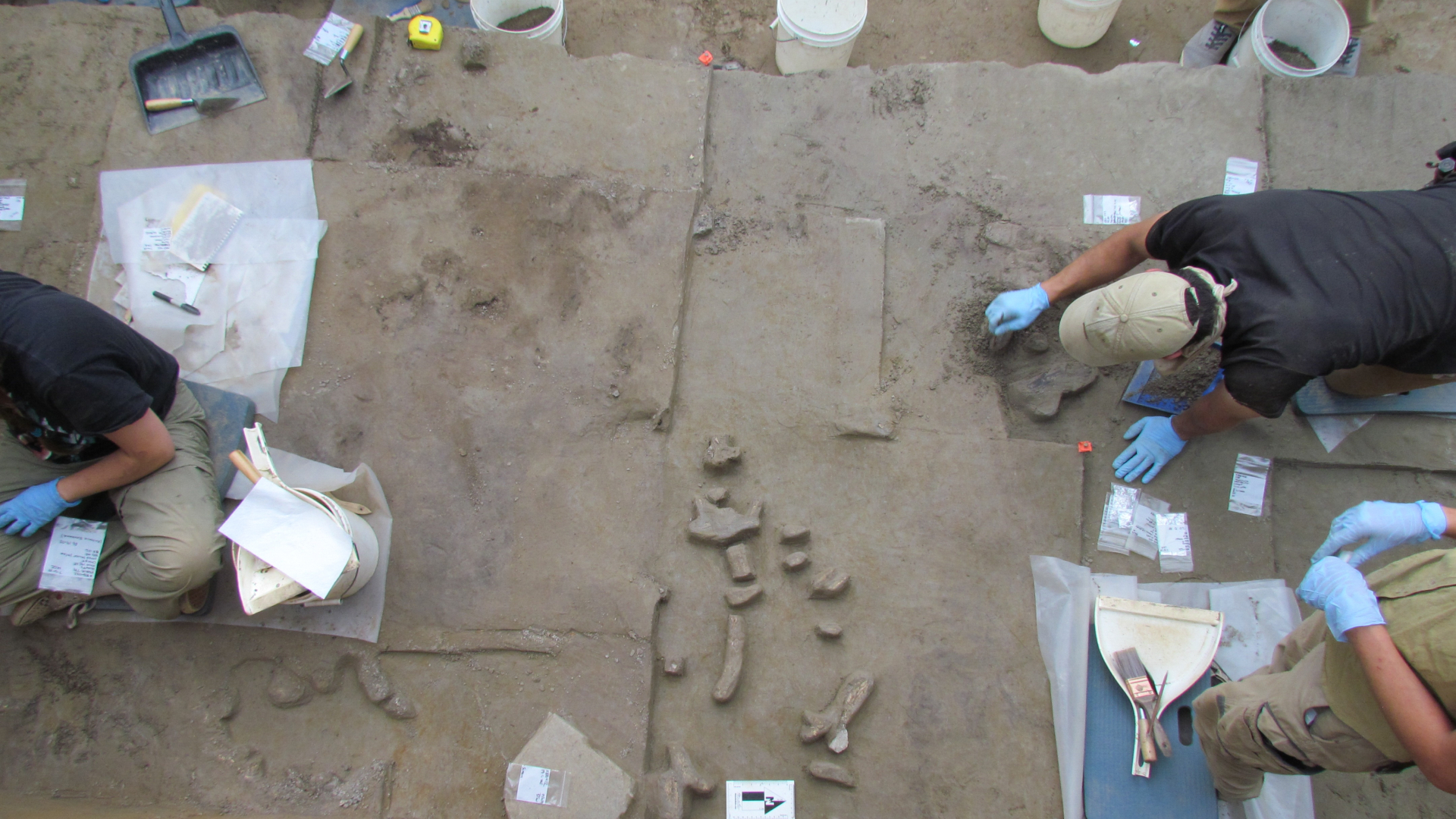Timothy Ray Brown, 1st person cured of HIV, dies after cancer relapse

Get the world’s most fascinating discoveries delivered straight to your inbox.
You are now subscribed
Your newsletter sign-up was successful
Want to add more newsletters?

Delivered Daily
Daily Newsletter
Sign up for the latest discoveries, groundbreaking research and fascinating breakthroughs that impact you and the wider world direct to your inbox.

Once a week
Life's Little Mysteries
Feed your curiosity with an exclusive mystery every week, solved with science and delivered direct to your inbox before it's seen anywhere else.

Once a week
How It Works
Sign up to our free science & technology newsletter for your weekly fix of fascinating articles, quick quizzes, amazing images, and more

Delivered daily
Space.com Newsletter
Breaking space news, the latest updates on rocket launches, skywatching events and more!

Once a month
Watch This Space
Sign up to our monthly entertainment newsletter to keep up with all our coverage of the latest sci-fi and space movies, tv shows, games and books.

Once a week
Night Sky This Week
Discover this week's must-see night sky events, moon phases, and stunning astrophotos. Sign up for our skywatching newsletter and explore the universe with us!
Join the club
Get full access to premium articles, exclusive features and a growing list of member rewards.
Timothy Ray Brown, famous for being the first person to be cured of HIV, has died from cancer at age 54.
Known as the "Berlin patient," Brown was diagnosed with both HIV and acute myeloid leukemia, a cancer of the white blood cells, while living in Berlin more than a decade ago, according to Reuters. After his cancer diagnosis in 2006, Brown received radiation therapy and a bone marrow transplant in 2007; the goal of the treatment was to kill the existing cancer in his body and jumpstart production of healthy white blood cells, which are generated in the bone marrow.
But the physician who led the procedure, Dr. Gero Huetter, aimed to treat both Brown's leukemia and his HIV using the same operation, according to The Associated Press.
Related: 7 revolutionary Nobel Prizes in medicine
Huetter sought out a bone marrow donor with a rare genetic mutation that provides natural resistance against HIV infection. The virus normally targets white blood cells called CD4-T cells, which it infiltrates through a specific receptor on the cells' surfaces; people with the genetic mutation have an altered version of this receptor, so the virus can't slip inside, Live Science previously reported.
After his initial bone marrow transplant in 2007, Brown was cleared of HIV and remained free of the virus until his death, The Associated Press reported. He required a second transplant in 2008 to eliminate his leukemia, but after years in remission, the cancer returned last year and spread to his spine and brain, Reuters reported.
"I'm heartbroken that my hero is now gone. Tim was truly the sweetest person in the world," Brown's partner Tim Hoeffgen wrote in a Facebook post, according to Reuters.
Get the world’s most fascinating discoveries delivered straight to your inbox.
"We owe Timothy and his doctor, Gero Huetter, a great deal of gratitude for opening the door for scientists to explore the concept that a cure for HIV is possible," Adeeba Kamarulzaman, president of the International AIDS Society, told Reuters.
Originally published on Live Science.

Nicoletta Lanese is the health channel editor at Live Science and was previously a news editor and staff writer at the site. She holds a graduate certificate in science communication from UC Santa Cruz and degrees in neuroscience and dance from the University of Florida. Her work has appeared in The Scientist, Science News, the Mercury News, Mongabay and Stanford Medicine Magazine, among other outlets. Based in NYC, she also remains heavily involved in dance and performs in local choreographers' work.
 Live Science Plus
Live Science Plus










